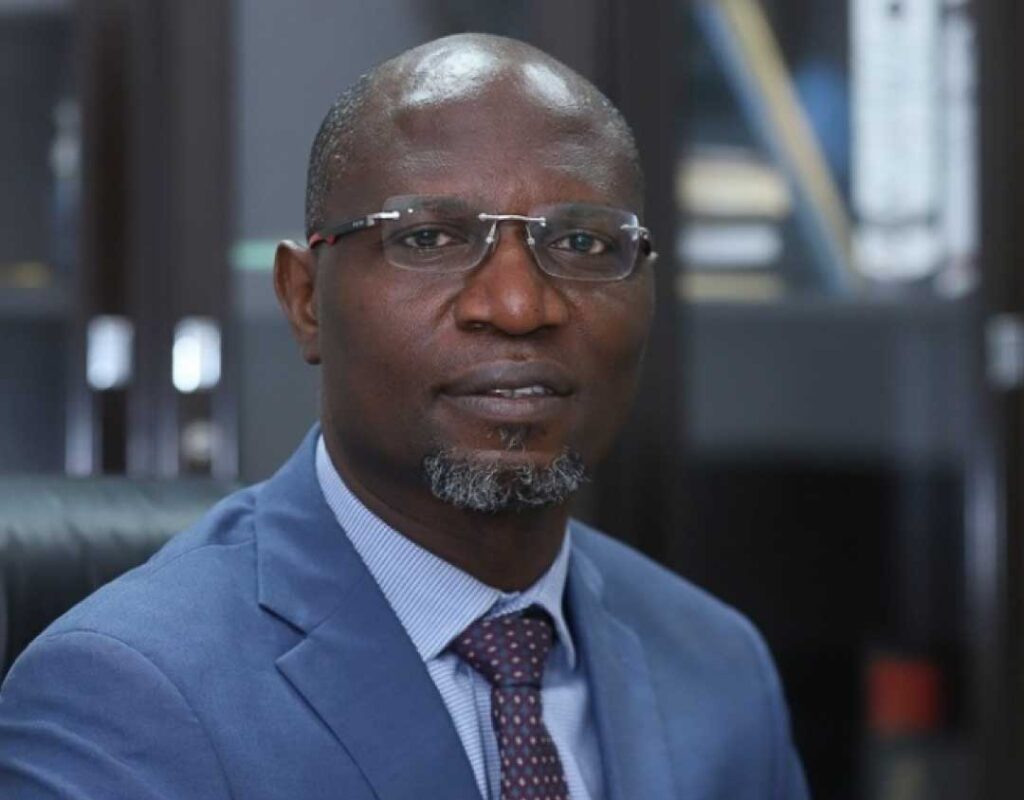The Federal Government has announced plans to introduce an Online Harm Protection Bill and an AI Ethics Framework as part of a broader strategy to balance innovation with regulation in Nigeria’s digital ecosystem.
Director General of the National Information Technology Development Agency (NITDA), Kashifu Inuwa Abdullahi, disclosed this while delivering the keynote address at the 3rd Biennial Corporate Governance and Enterprise Development Conference in Lagos.
He said the initiatives are central to government efforts to ensure data sovereignty, safeguard citizens, and strengthen the country’s position as a hub for artificial intelligence (AI) and data infrastructure in Africa.
Abdullahi explained that the forthcoming legislation would harmonize online and offline regulations to protect Nigerians from harmful digital content while encouraging the responsible adoption of emerging technologies.
He stressed that traditional laws and historical frameworks were inadequate for governing disruptive innovations such as AI, making regulatory intelligence and collaboration critical.
“Emerging technologies cannot rely solely on existing laws. We are developing a regulatory intelligence framework to guide AI adoption, focusing on collaboration and practical use cases before formal regulation is applied,” he said.
As part of its broader digital policy, the Federal Government is pursuing a “Cloud First” strategy designed to attract Big Tech companies and hyperscalers to establish hyperscale data centers in Nigeria. Abdullahi noted that this will not only keep sensitive national data within the country but also create opportunities to develop local talent and infrastructure.
Currently, much of Nigeria’s data is hosted on foreign platforms such as Google, Microsoft, and social media networks.
According to Abdullahi, this poses a threat to national sovereignty as these firms largely determine what users “see, believe, and buy.” By classifying data to distinguish what must remain in-country from what can be hosted abroad, the government aims to secure ownership and control of critical information assets.
In addition to infrastructure, NITDA is advancing initiatives around artificial intelligence. Abdullahi revealed that Nigeria has already developed a National Artificial Intelligence Strategy, a Standard for Artificial Intelligence Adoption, and is currently testing an Ethical Standard for Deploying Artificial Intelligence.
He emphasized that AI systems must be retrained to reflect Nigeria’s culture, values, and context to ensure fair decision-making. To this end, the government is developing large language models and building AI systems that integrate local realities and societal priorities.
Nigeria, Abdullahi added, is being repositioned as a hub for AI and data center infrastructure in Africa, balancing the need for data sovereignty with regional collaboration. He concluded that effective governance of emerging technologies requires a forward-looking approach that integrates regulation, innovation, and inclusive growth.




